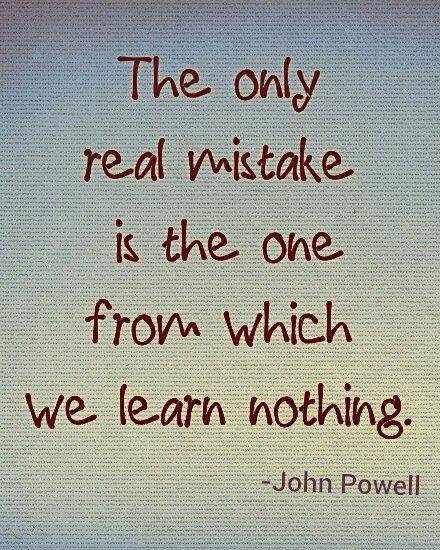How do we make progress? Over the last few weeks we have looked at qualities and traits that help us make progress.
WORLD RECORDS
We tried our own 'class records' and noticed that with practice we improved, and those who persevered often did well. We noticed that we all had different strengths / skills too. If we had a goal - something to beat - we often persevered more and rose to the challenge. Some people had more perseverance than others.
LEARNING FROM MISTAKES
We looked at the Titanic and how noticing the mistakes on that voyage helped improve safety for boats since then. Even though some mistakes are very tragic we can still learn from them to ensure progress is made so that tragedies like that do not happen again. The year 1-4 groups acted out the story to try to get an understanding of it.
COMMUNICATION
Curiosity, invention and competition all combine to help make progress with communication over the years. The kids were amazed to hear that most of their parents are older than Google and older than the internet! They had fun looking at old phones I brought in, and explored different communication methods.








